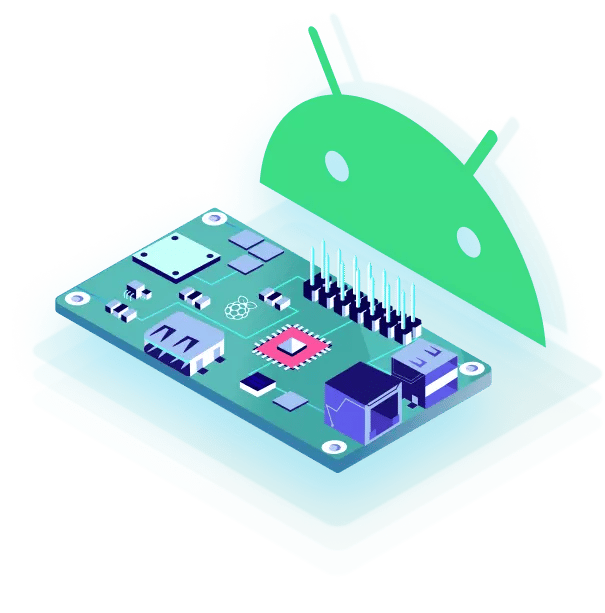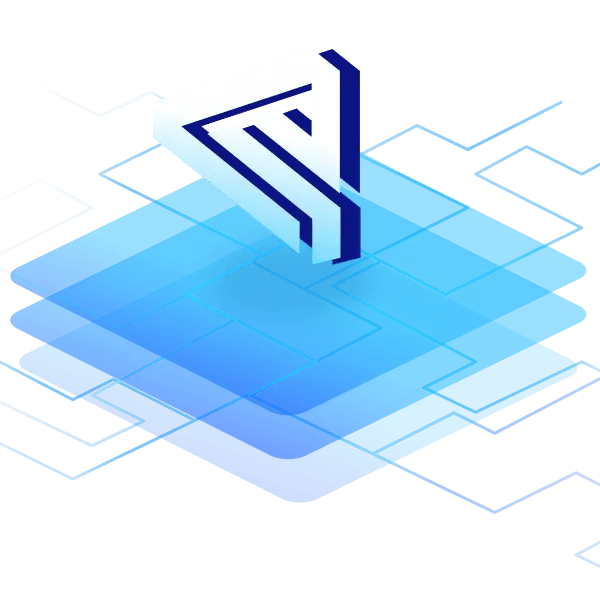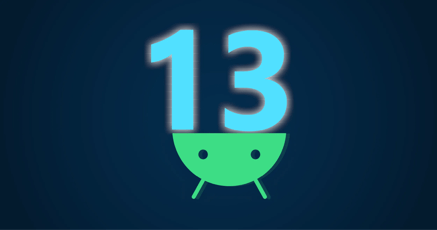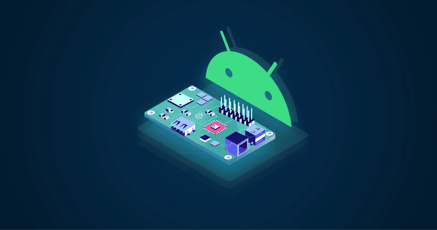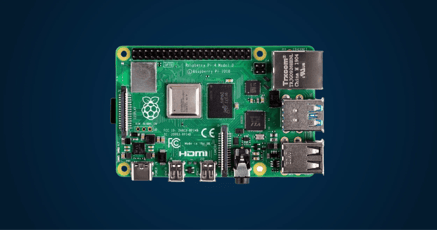In our last blog post, we have pointed out how managed operating systems (OS) support fleet owners throughout the whole lifecycle of a fleet.
This article will focus on Android and its managed version in particular, as emteria has specialized in this platform. Led by the findings described in our previous post, we will show and examine the benefits of a managed Android for Raspberry Pi and custom hardware.
Benefits of managed Android by emteria
One of Android’s most significant advantages is its native user experience (UX). This factor has become apparent by Android’s triumphal market share of over 70% achieved within just a few years. Combined with the advantages of a managed OS, Android becomes an even more powerful tool.
Every company looking to achieve shorter time-to-market reduced cost and flexibility in the hardware choice will eventually have to consider a commercial, managed version of Android.
To be precise, managed Android for Raspberry Pi and custom hardware by emteria provides the following four benefits:
Adaption of managed Android to customer-specific needs
Virtually no operating systems contain everything a customer needs out of the box. Specific functions or libraries must either be developed or added first. Also, there is the task of integrating the external code and always keeping it up to date.
A great example of a typical function required in industrial projects is the kiosk mode. It allows to optionally display only a specific website or to limit the number of available apps on an industrial device.
Many customers use it as user interfaces of point-of-sale terminals, to display manufacturing parameters in a smart factory, or to show interactive content in digital signage use cases.
There are numerous other examples, like the app autostart, which is an essential extension for many product builders. It allows starting the system in a required app. Together with the kiosk mode, a great potential thus unfolds.
The long-term security of managed Android
Android consists of many components, including Linux. But even though Linux is a de-facto standard in the industry (especially for IoT), it needs constant updates to stay secure. Especially considering the continuously growing number of profound security threats that arise on the side of new business opportunities.
Managed Android takes off companies’ burden to ensure the security of connected Android devices in a proprietary manner.
Emteria does this by three things in particular for Raspberry Pi and custom hardware:
Of course, emteria also strictly adheres to GDPR and employs encrypted device communication only. Thus, security flaws are patched quickly, and the risk of successful attacks is mitigated. An approach especially crucial for always-online devices.
Compatibility with hardware changes of managed Android
As good as the Raspberry Pi is today, for many companies it makes sense to switch to industrial-grade hardware after the prototype phase. This step usually requires extensive adaptions of the software, resulting in increased time-to-market and additional cost. To avoid that, emteria.OS supports different boards and is transferrable to custom hardware on request. The user experience on Raspberry Pi 4 will be the same as on i.MX8 based boards, for example.
Also, embedded products may change over time. One reason is that hardware manufacturers will have easier access to chips with native Android support than to exotic ones. That is because chips turn increasingly toward smartphones and consumer markets.
With a managed Android for Raspberry Pi and custom hardware like emteria.OS this change is trouble-free. Emteria does the porting and makes sure that all the necessary interfaces are available. Ideally, nothing changes on the software level unless the customer wants to include new hardware features.
Besides, there are already millions of apps and software components for Android. New products can use those components. That saves a lot of work and time.
Managed Android and device management
Finally, no one wants to take the effort of checking every single device manually and on-site. However, this is the traditional approach to maintenance. Thus, there is a need to deliver updates to single devices in a fleet and to monitor their health. This task becomes very easy with remote or mobile device management (MDM) solutions.
The emteria Device Hub allows MDM access from a central point and at the click of a button. Fleet operators get the possibility to manage, monitor and even control all devices from the Device Hub. Where other solutions can only deliver OTA (app) updates, emteria includes the essential part of FOTA (system) updates. It does not even matter if the devices of a fleet have different hardware platforms as their basis. One-stop solutions inclusive of MDM save costs in the long run and avoid a patchwork consisting of 3rd party applications.
We hope you got an overview of managed Android for Raspberry Pi and custom hardware.


